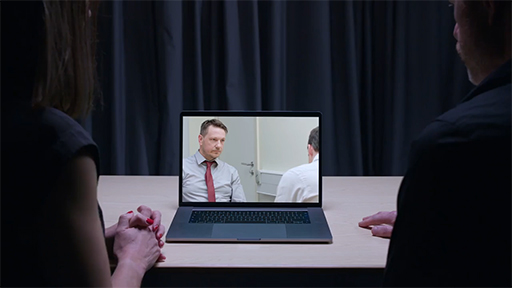3.5 The expert view on the confession
Watch the video, where Zoë and Graham discuss the issues with the confession of Neale Anderson.

Transcript
How close were you to the ‘expert’ view on the interview of Neale? Were there things you noticed that they didn’t? Or things they noticed that you hadn’t included in your report to the SIO?
